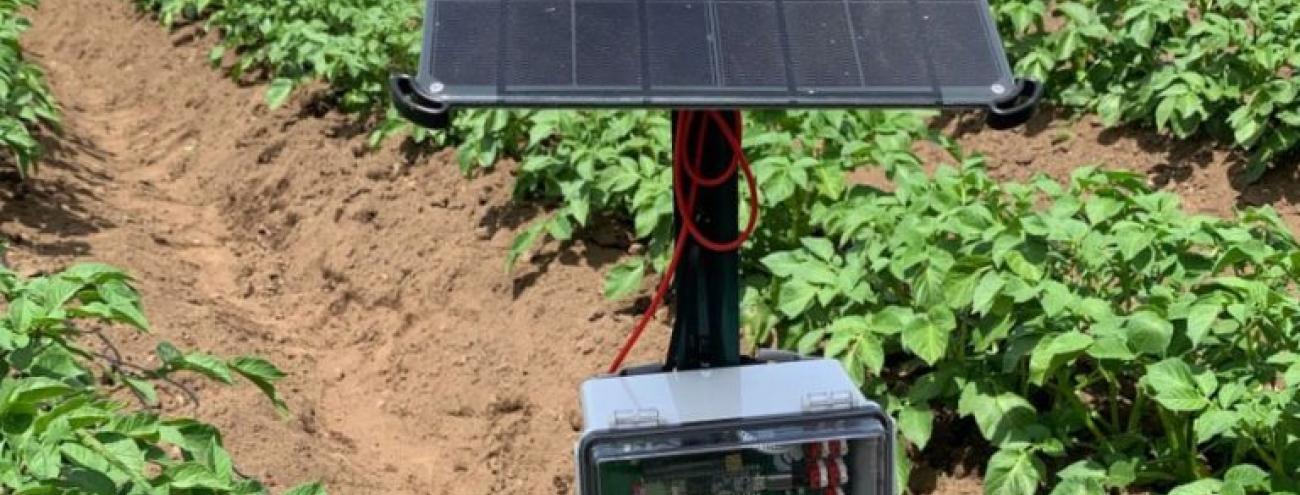
Interview: Dr. Mark Johnson for CLL Water Sustainability Project at UBC Farm
We sat down with Dr. Mark Johnson, Professor at IRES and EAOS about his CLL project that aims to understand water use in the UBC farm cropping system, including water inputs from rainfall, municipal water, and water used for washing produce and cleaning equipment.
Could you tell us more about the project's goals?
Our main goal was to quantify crop water footprints, which is the total amount of water used to produce a crop, including water used in the field and post-harvest processes. We hired some students and got equipment to monitor soil moisture and water use in the irrigation system and post-harvest processing. Our data collection began in 2018 and had decent data coverage by 2019.
What were some of the challenges you encountered?
One significant challenge was allocating water among the 130 crops produced on the farm. For instance, after washing lettuce, the same water might be used to wash carrots, making it difficult to determine how much water each crop used. Additionally, we had to find ways to capture post-harvest water use information without burdening the farm staff with excessive note-taking. We tried different methods and learned a lot from them.
How did the pandemic affect your project?
The COVID-19 pandemic put a hold on our project in 2020. We are now revamping it for the coming year, and I have a master's student who will be taking it on as a project. We plan to automate the data report to help plan water use for irrigation decisions based on soil water status.
How can the data from this project be used in other scenarios?
The data can be used in other research designs by incorporating measurements, soft landscaping, and other plants on campus. Data pipelines can be incorporated in irrigated agriculture, but the infrastructure requirements and costs of acquiring sensors and deployment remain challenging.